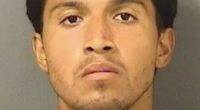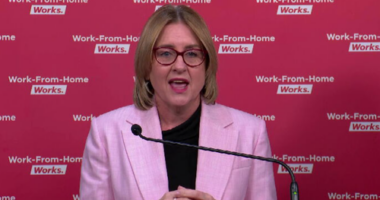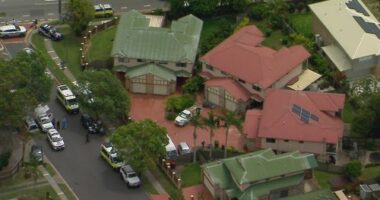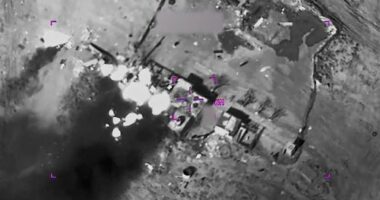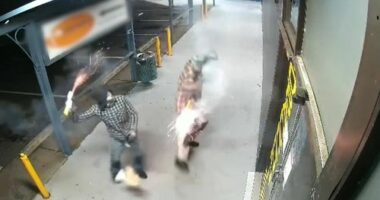Share this @internewscast.com
At 18, Max dreams of working or volunteering at an animal shelter, but their tics have made employers reluctant to hire them due to concerns about scaring the animals.
“I don’t believe they truly wish to die, but they find it unbearable to continue living like this,” a spokesperson said in a video by The Kids Research Institute Australia released this week.

Max (left) was diagnosed with Tourette syndrome when they were seven years old. Source: Supplied
In Australia, one in every 100 school-aged children lives with Tourette syndrome.
Over 70% of adults living with Tourette syndrome have considered ending their lives, with one in four having attempted suicide, a rate that is five times the national average.

Melissa Licari said Australians living with Tourette syndrome face ongoing challenges, including long waits for diagnosis, limited access to treatment, stigma and discrimination. Source: Supplied
The report includes seven key recommendations, including funding to develop a National Clinical Guideline for the diagnosis and treatment of tic disorders.
“Medication can be very helpful, but of the sample that we surveyed, 50 per cent said that it did not control their tics or minimally controlled their tics. And there are obvious side effects as well with some of the medications,” she said.
“About 50 per cent of the children reported that they didn’t have tic-free periods of more than five to 10 minutes in a day,” she said.
Significant financial toll
“The financial burden is great. It’s not just because some adults are unable to work, but there is also a significant cost of accessing healthcare for these young people. One in 20 had NDIS funding. Three out of four had their applications denied,” she said.
She said while a comprehensive care plan is required to look after people living with tics, sometimes, even health professionals don’t have much awareness of what’s needed to support their patients.
The report also found there is a shortage of psychologists with the expertise to offer treatment for tic disorders.

Valsamma Eapen says it’s critical that a national guideline be established for tics and Tourette syndrome, so there can be a standardised approach to early identification, assessment, and appropriate support. Source: Supplied
Eapen said more understanding is critical, and there were several unhelpful views about tics and Tourette syndrome.
“Neither is a helpful approach because the majority would fall somewhere in between,” Eapen said.
